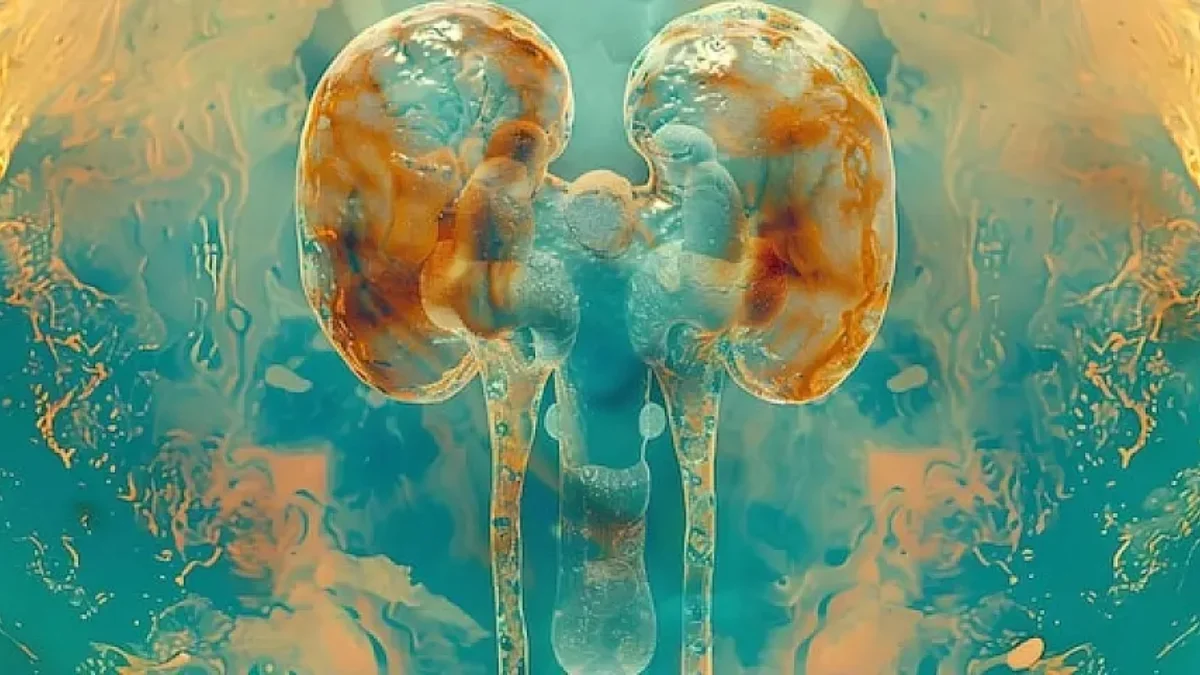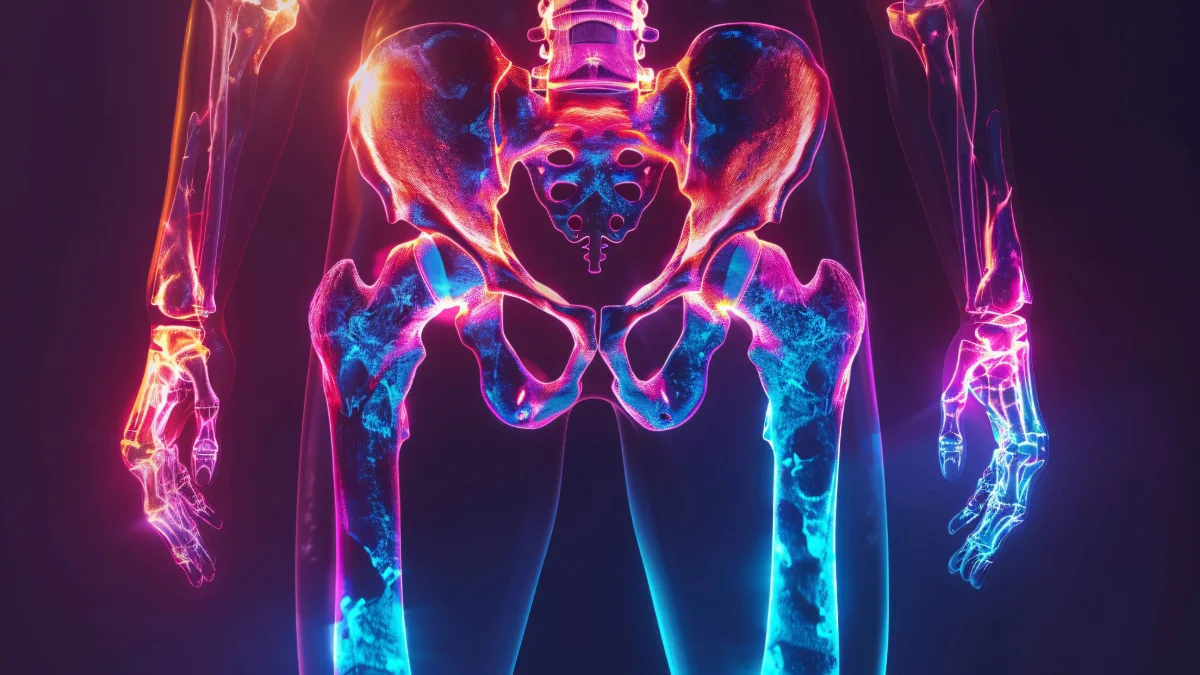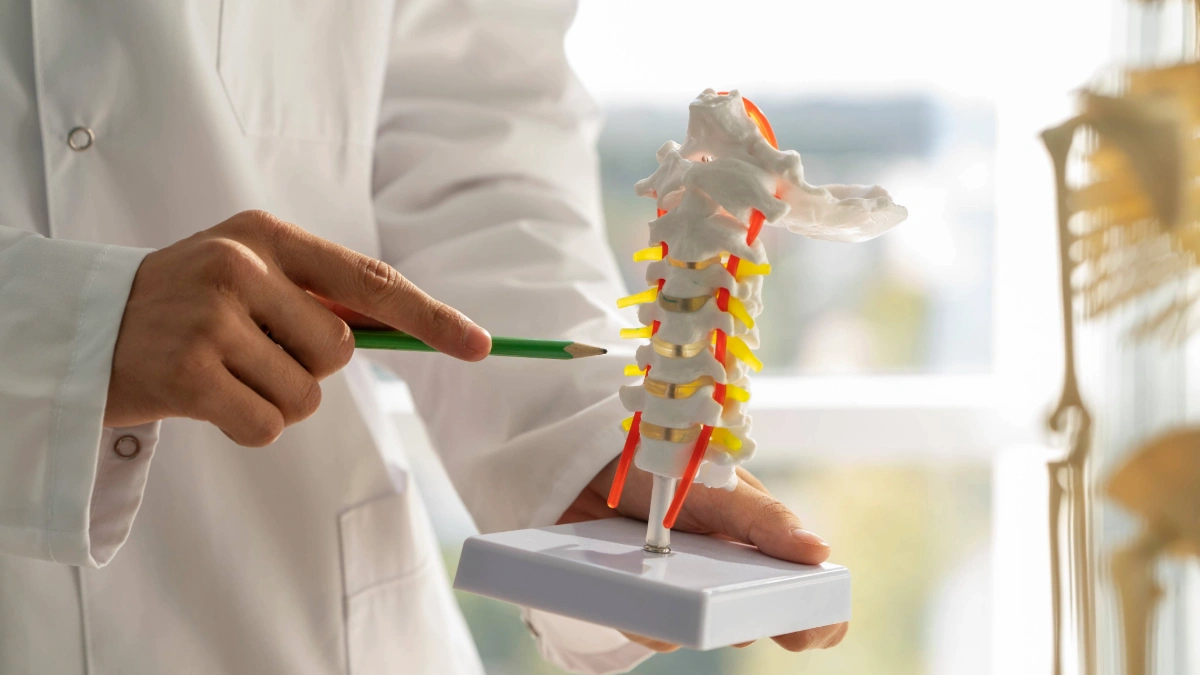Urologic oncology in Turkey stands out as a leading field for diagnosing and treating cancers of the urinary tract and male reproductive organs. Notably, Turkey is renowned for its advanced medical facilities and cutting-edge research. Consequently, it offers a comprehensive range of services for managing urologic cancers, including prostate, bladder, kidney, testicular, and penile cancers. In the following sections, we describe the specifics of urologic oncology care available in Turkey, highlighting diagnostics, treatment methodologies, and specialized programs.
Urologic Oncology Overview
Turkey hosts a dynamic urologic oncology field focusing on clinical and fundamental research to enhance detection, prevention, and treatment strategies for urologic cancers. The Turkish medical ecosystem evaluates and manages inherited and non-inherited cancer forms. A significant emphasis is placed on prostate cancer, where advanced MRI imaging and fusion image-guided biopsies are employed to diagnose and characterize localized forms. Surgical interventions, such as robotic surgery, are often utilized to manage these conditions alongside options like active surveillance and genomic therapies, particularly for bladder cancers targeted at mutations such as EGFR and FGFR3. In summary, urologic oncology in Turkey leverages these advanced diagnostic and treatment options to provide comprehensive care.
What are Urologic Cancers?
Urologic cancers cover malignancies in both male and female urinary systems and male reproductive systems. These cancers are relatively common and include various types that are part of the overall treatment in Urologic Oncology in Turkey:
- Prostate Cancer: A prevalent cancer among men developed in the prostate gland.
- Bladder Cancer: Originates in the bladder that stores urine.
- Kidney Cancer: Affects kidneys, impairing waste filtration and excretion.
- Testicular Cancer: Mostly affecting younger men, arising in the testicles.
- Penile Cancer: Though rare, affects tissues of the penis, necessitating specialized care.
Risk Factors for Urologic Cancers
Several risk factors are associated with an increased likelihood of developing urologic cancers, which are carefully assessed by specialists in Urologic Oncology in Turkey:
- Age: Advanced age is a significant risk factor.
- Sex: Male-dominant cancers like prostate and testicular cancer.
- Family History: Predispositions due to genetic factors.
- Lifestyle Choices: Smoking elevates risks for bladder and kidney cancers.
- Chemical Exposure: Occupational hazards in certain industries.
- Chronic Inflammation: Conditions like recurrent infections heighten cancer risks.
Detection and Diagnosis
The early detection of urologic cancers significantly enhances treatment outcomes. Common symptoms include blood in urine, changes in urinary habits, persistent pelvic or back pain, testicular lumps, and erectile dysfunction. Diagnostic approaches in Turkey often involve high-standard techniques perfected in the field of Urologic Oncology in Turkey:
- Physical Examination
- Imaging Tests: Ultrasound, CT scans, MRI.
- Laboratory Tests: Urine and blood analysis.
- Biopsy: Confirmatory procedure for cancer diagnosis.
Urologic Oncology Treatments
Turkey offers a wide array of treatment options tailored to the patient’s specific cancer type, stage, and overall health, making it an excellent choice for those seeking urologic oncology treatments in Turkey:
Surgical Options
- Prostatectomy: Removal of the prostate, often using robotic-assisted techniques.
- Transurethral Resection: For early-stage bladder cancers.
- Cystectomy: Partial or radical removal of the bladder.
- Radical Nephrectomy and Partial Nephrectomy: Complete or partial kidney removal.
- Radical Inguinal Orchiectomy: For testicular cancer with potential lymph node dissection.
Non-Surgical Treatments
- Chemotherapy and Radiation Therapy: For metastatic cases.
- Immunotherapy: Leveraging the body’s immune system to target cancer cells.
- Targeted Therapy and Hormone Therapy: Precision treatment plans based on cancer pathology.
Minimally Invasive Surgical Approaches in Urologic Oncology
In recent years, Turkey has seen a significant advancement in the field of urologic oncology with the introduction and widespread adoption of minimally invasive surgical techniques. These innovative procedures have transformed the landscape of cancer treatment, offering patients enhanced outcomes and improved quality of life.
Benefits of Minimally Invasive Techniques
The shift towards minimally invasive techniques in urologic oncology brings several benefits:
- Faster Recovery Times: Patients undergoing robotic surgery often experience significantly reduced hospital stays and quicker return to normal activities compared to traditional open surgery. This is particularly advantageous for those requiring treatment for cancers such as prostate and kidney cancer.
- Reduced Pain and Discomfort: Smaller incisions lead to less postoperative pain, minimizing the need for pain management interventions and enhancing overall patient comfort during recovery.
- Better Surgical Outcomes: The precision of robotic instruments helps in reducing complications and preserving critical functions, particularly in surgeries involving the prostate, where nerve preservation is essential for maintaining sexual function.
- Improved Cosmesis: Minimally invasive surgeries result in smaller and fewer scars, which is beneficial for patients concerned about the aesthetic outcome of their procedures.
Role of Genomic Profiling
Genomic profiling involves analyzing cancer’s DNA to identify mutations that drive tumor growth. In urologic oncology, this approach helps clinicians understand the molecular underpinnings of cancers and select targeted therapies. For instance, identifying mutations in genes like EGFR and FGFR3 in bladder cancer allows for the use of precision medicines that specifically inhibit these pathways, leading to more effective treatment with fewer side effects. Similarly, genomic insights into prostate cancer can aid in differentiating aggressive from indolent forms of the disease, guiding treatment decisions to either active surveillance or aggressive intervention.
Molecular Diagnostics
Molecular diagnostics plays a pivotal role in the early detection and monitoring of urologic cancers. By utilizing biomarkers and other molecular indicators, physicians can detect cancer at its earliest stages when it is most treatable. Additionally, molecular diagnostics facilitate ongoing assessment of treatment efficacy and disease progression, allowing for timely adjustments to therapeutic regimens.
Advanced Reconstructive Surgeries in Urologic Oncology
The field of urologic oncology in Turkey is also known for its advances in reconstructive surgeries, which aim to restore urinary function and improve the quality of life for patients who undergo radical surgeries, such as cystectomies.
Quality of Care in Turkey for Urologic Oncology
Turkey’s medical institutions, such as the Avicenna International Hospital, are celebrated for their quality care and advanced treatment of urologic cancers. Moreover, patients benefit from state-of-the-art facilities and experienced oncologists specializing in personalized treatment plans. Specifically, at Avicenna International Hospital one of the best urologic oncology hospitals in Istanbul Turkey, patient-centred care ensures comfort and support throughout the treatment journey. Thus, this illustrates the trusted standard of urologic oncology in Turkey.
Conclusion
Turkey is a leading centre for urologic cancer treatment, providing patients with treatment options that blend expert medical care with advanced technology. For more information or to schedule a consultation at Avicenna International Hospital, we invite you to contact us. Whether you’re looking for advanced diagnostics or targeted therapies, Urologic Oncology in Turkey offers a comprehensive path to recovery.
turkey is known for its high-standard medical facilities, expert oncologists, and affordable treatment without compromising on quality.
Turkey combines highly skilled medical professionals, cutting-edge facilities, and affordable treatment options. Patients enjoy access to the latest medical technologies and a patient-focused approach that prioritizes quality care and comfort.
Yes, follow-up care is crucial for monitoring recovery, detecting any signs of recurrence early, and managing long-term side effects. Regular check-ups, imaging tests, and possibly blood work are typically part of a comprehensive follow-up plan.







